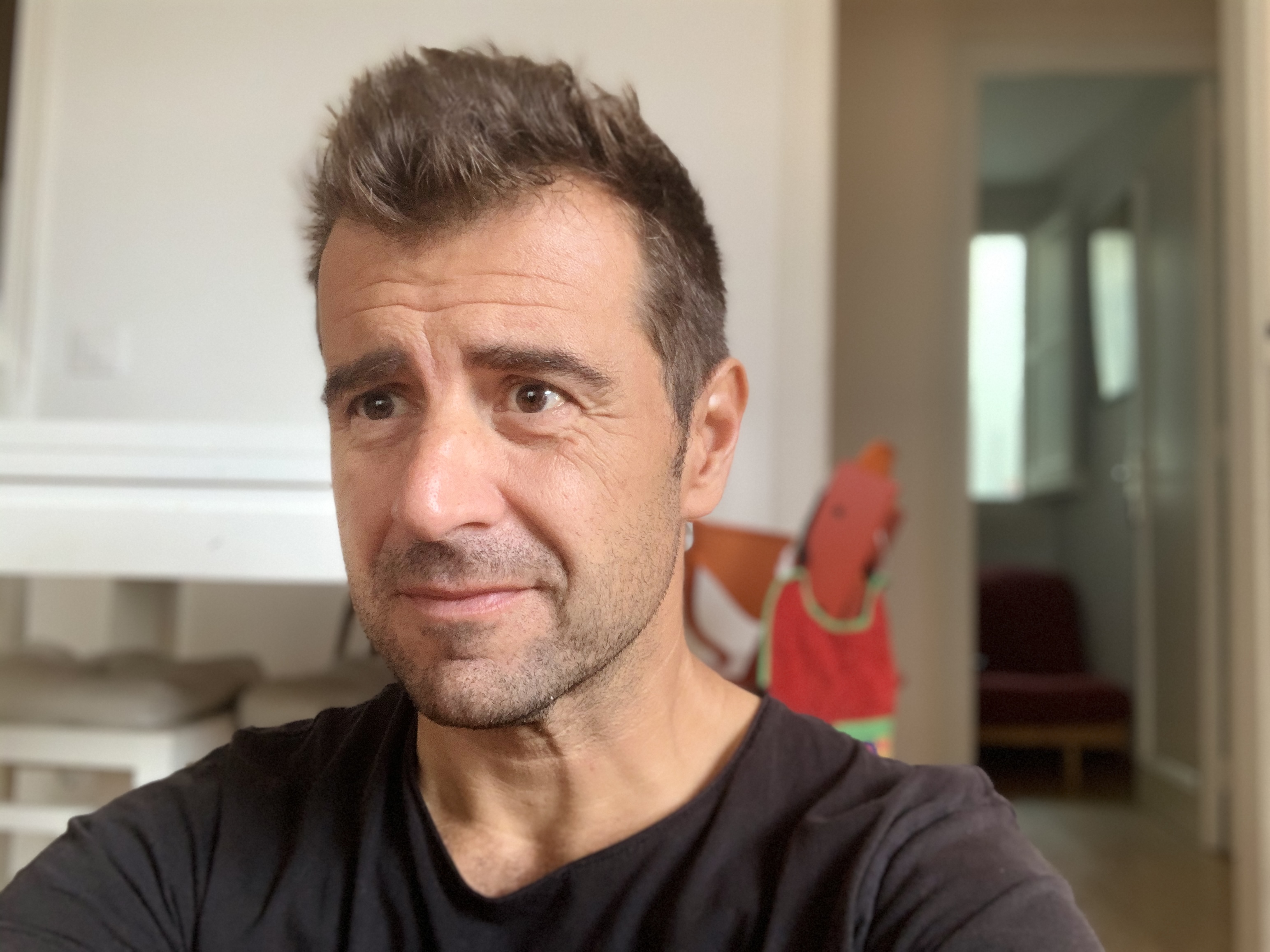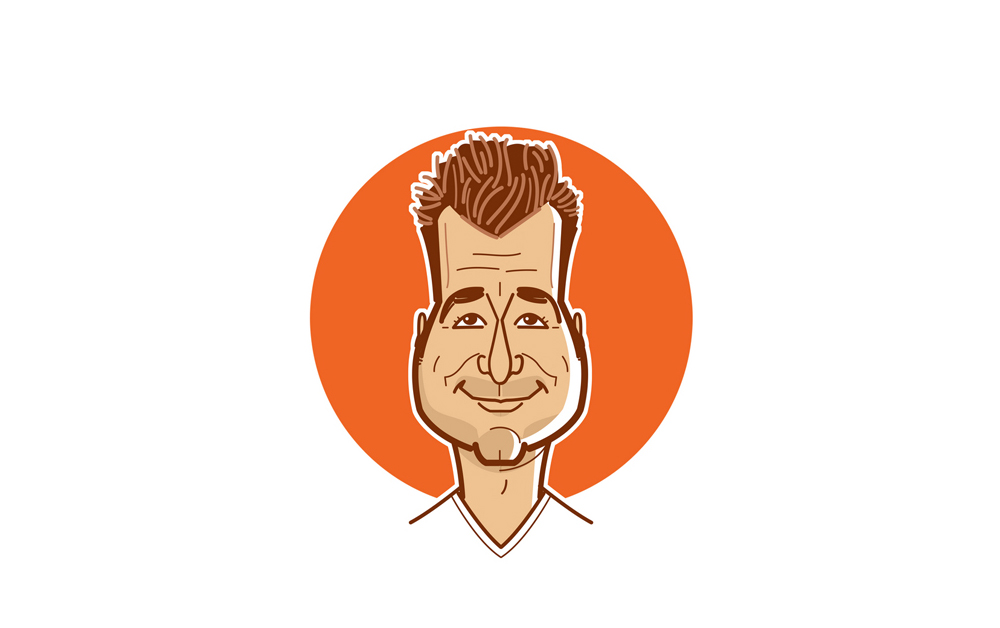Coe Martínez de Lejarza – Appreciative Facilitator at Madavi
To return, to go back… to the office once again? Or at least a bit, or part of the time or perhaps fulltime.
This seems to be one of the most frequent challenges that companies are facing in the last months. Now that it is possible to recover completely onsite work how do we go back? What is the new model? Should we return to an onsite model, an offsite one, or a hybrid of both…?
Between the offsite and pure onsite we can find as many situations as there are companies, or teams or people. Many companies hope to be able to return to a place where their culture can grow and be transmitted, in which they can live together, and in which opportunities simply arise because they share a common space. Many people are returning in the hope of finding environments so designed that they can carry out their work, and not a small corner of their home barely adapted to hold a videoconference.
But many have also discovered new ways of working, of organizing themselves and combining their professional and personal lives (from looking after their children, to spending more time with nature or taking advantage of the time they used to spend driving, even when working). They have been surprised to prove that they can do their work offsite, that their company can work in a flexible manner, indeed even better. And they do not want to give that up.
This period of exceptional disruption has been a like a real master in flexibility, and a post graduate course in adaptability.
This period of exceptional disruption has been a like a real master in flexibility, and a post graduate course in adaptability. Now is the time to evaluate what to do with this experience.
Damage control
When taking decisions many companies simply hope to come out of it as well as possible and minimizing damage: How do you avoid losing talent? How do you answer the needs of professionals who value more than ever flexibility? How do you avoid a return to onsite work being perceived as a loss of confidence in the personnel?
It is especially complicated in situations when already existed a certain amount of flex time, in which some roles or people had the possibility of working offsite. You now have to define a model that answers their needs and objectives, and which is not perceived as unfair or a step backwards.
And it is here that the search for the golden number appears, the magical proportion that will resolve any doubt, the percentage that works: is it 60-40? 70-30? 80-20? And of course, it does not exist or at least it is not the same for everyone (in the case of Madavi for example it was always 100% offsite, from the very beginning).
Ask to know, and know to design

In defining these new models, it is best to understand what were the key factors used for success during the disruption and before: What was done in those meeting online which was so great that it made them work? Why did the teams behave better than ever without being able to see each other? What strengths did you discover when working online that you can also use in the office? How do we combine what we learnt with what we were already doing brilliantly before? What were the processes that gave better results offsite than onsite?
You need to answer these questions by taking into account the whole ecosystem of the company: teams and managers, clients and suppliers. We can count on an excellent starting point to define the new models of work based on circumstances, processes, and objectives, not on percentages of hours nor on the disposable tools.
In Madavi we work with companies to help them to define their model starting from their best experiences. Starting from what is exceptional, instead of putting the focus in minimizing complaints and what we do is to define models that look for the best business and cultural results, by taking advantage of their own learnings in an exceptional situation.
«In Madavi we work with companies to help them define their model, by taking advantage of their own learnings in an exceptional situation ».

